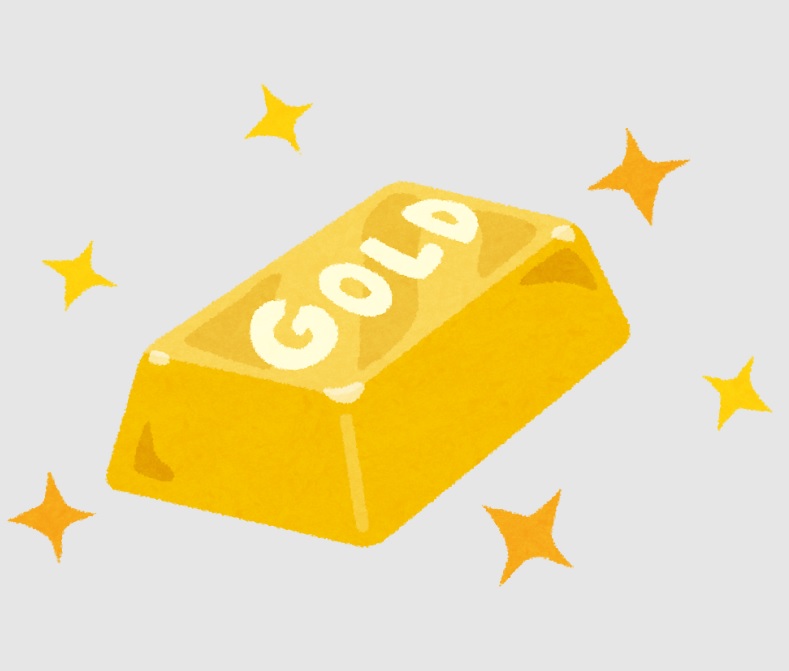管理人オススメコンテンツはこちら
「価格ではなく価値|消費・浪費・投資を見分ける黄金ルール」
〜前回のつづき〜
●貯金をクセ付ける
(3)価値で判断する
浪費グセを治すためにも
・物
・サービス
を価値で判断できるようになる事が大切です。
浪費グセの無い人でもそうなんですけど
物の価格じゃなくて
価値で判断出来るようになるというのが
すごく大切です。
価格ではなく価値。
・消費
・浪費
・投資
の判断がちゃんと出来るようになるという事です。
消費というのは生活の為に必要なお金です。
投資というと使ったお金以上に
将来何か資産になって増えて返ってくる見込みが有るものですね。
それが投資です。
お金以外の価値も含めて。
お金だけじゃなくてそれ以外の
・知恵
・知識
・経験
などを含めて投資と言います。
浪費というのは使ったお金は
返ってこないという事ですね。
ほぼ返ってこない。
ただし浪費が全てダメだと言ってる訳ではなくて
一時的に心が潤うということが多いんですよね。
だからこの浪費ともやはり
上手く付き合っていきたいという事です。
●価格と価値
人間というのはやはり
定価に対しての相対的な価格で見ちゃうんですよ。
よくある
定価1万円
↓超特価値引き!
千円!
とか
例えばですけど
定価100万円
↓大幅プライスダウン!
1万円!
なんて言われたらどうでしょう?
ものにもよりますけど
安く感じるんじゃないですか?
・バーゲン
・セール
なんかで飛びついちゃう人もいるのではないでしょうか?
心踊る人なんかもいますよね?
でも定価1万円のものが千円って
確かに安く感じるかもしれないけど
その物の価値が100円だったらどうか?
という事です。
いくら千円で売ってても
100円の価値でしかない訳なんだから
結局損ですよね?
値引きは無いけど1億円の家だと聞くと
「うわ!すごいな!」
と思う人が多いと思うんですけど
1億円の家が買えるという人は少ないと思うんですよね?
でも1億円の家って高いように思うかもしれませんけど
それは価格の話であって
価値は1億円以上かもしれないですよね?
例えば1億円の家であっても
買ってすぐに1億1千万円で売れる家なのであれば
それは安いという事になるんですよ。
精神的なものは置いておいて
理屈上は借金してでも買った方がいい。
理屈上では
「絶対買った方がいい割安な物件だ!」
という事になりますよね?
〜〜〜つづく〜〜〜
Special Thanks college president Ryo.
●おまけ
≪≪Chat-GPTくんによる要約≫≫
●要約
【価値で判断する】
浪費癖を治すためには、物やサービスを価値で判断することが重要です。価格ではなく、以下の観点から価値を考えることが大切です。
- 消費:生活に必要なお金
- 投資:使ったお金以上に将来資産となって返ってくるもの(お金以外にも知恵、知識、経験などを含む)
- 浪費:使ったお金がほぼ返ってこないもの
浪費が全て悪いわけではなく、一時的に心が潤うこともありますので、上手く付き合っていくことが大切です。
【価格と価値】
人は定価に対しての相対的な価格で物を見がちです。例えば、定価1万円が千円になると安く感じるかもしれませんが、その物の価値が100円であれば結局損をしていることになります。
また、高額な物件でも価値が価格以上であれば、理屈上は買うべきだということになります。例えば、1億円の家が1億1千万円で売れるのであれば、それは価値がある買い物です。価格ではなく、価値に基づいて判断することが大切です。
≪≪Chat-GPTくんによる英訳≫≫
Continuation from the previous part
【Cultivate the Habit of Saving】
(3) Judging by Value
To curb wasteful spending, it is essential to judge:
- Goods
- Services
based on their value.
Even those without a wasteful spending habit should learn to judge by value rather than price.
Value over price.
This means being able to properly distinguish between:
- Consumption
- Waste
- Investment
Consumption refers to money spent on necessary living expenses.
Investment, on the other hand, refers to spending money on something that is expected to return more than the initial expenditure in the future, becoming an asset. This includes not only money but also other forms of value such as:
- Wisdom
- Knowledge
- Experience
Wasteful spending is money spent that doesn’t come back, or almost never does.
However, this doesn’t mean all wasteful spending is bad, as it often brings temporary emotional satisfaction.
Therefore, it’s important to manage wasteful spending wisely.
【Price and Value】
Humans tend to view things based on their relative price compared to the original price.
For example:
Original price: 10,000 yen
↓
Super discount!
1,000 yen!
Or:
Original price: 1 million yen
↓
Huge price reduction!
10,000 yen!
How does that sound?
Depending on the item, it might seem cheap, right?
People often jump at bargains and sales, feeling excited.
But what if an item originally priced at 10,000 yen is sold for 1,000 yen, yet its actual value is only 100 yen?
Even if it’s sold for 1,000 yen, if its value is only 100 yen, you’re still losing out.
Now, let’s consider a house worth 100 million yen.
“Wow, amazing!”
Many might think, but few can afford it.
However, even though a 100 million yen house seems expensive, that’s just the price.
The value might exceed 100 million yen.
For instance, if a house worth 100 million yen can be sold immediately for 110 million yen, then it’s a bargain.
Setting aside emotional aspects, logically, it would be wise to buy it, even if it means going into debt.
Logically speaking,
“It’s definitely a great deal!”
Special Thanks OpenAI.


